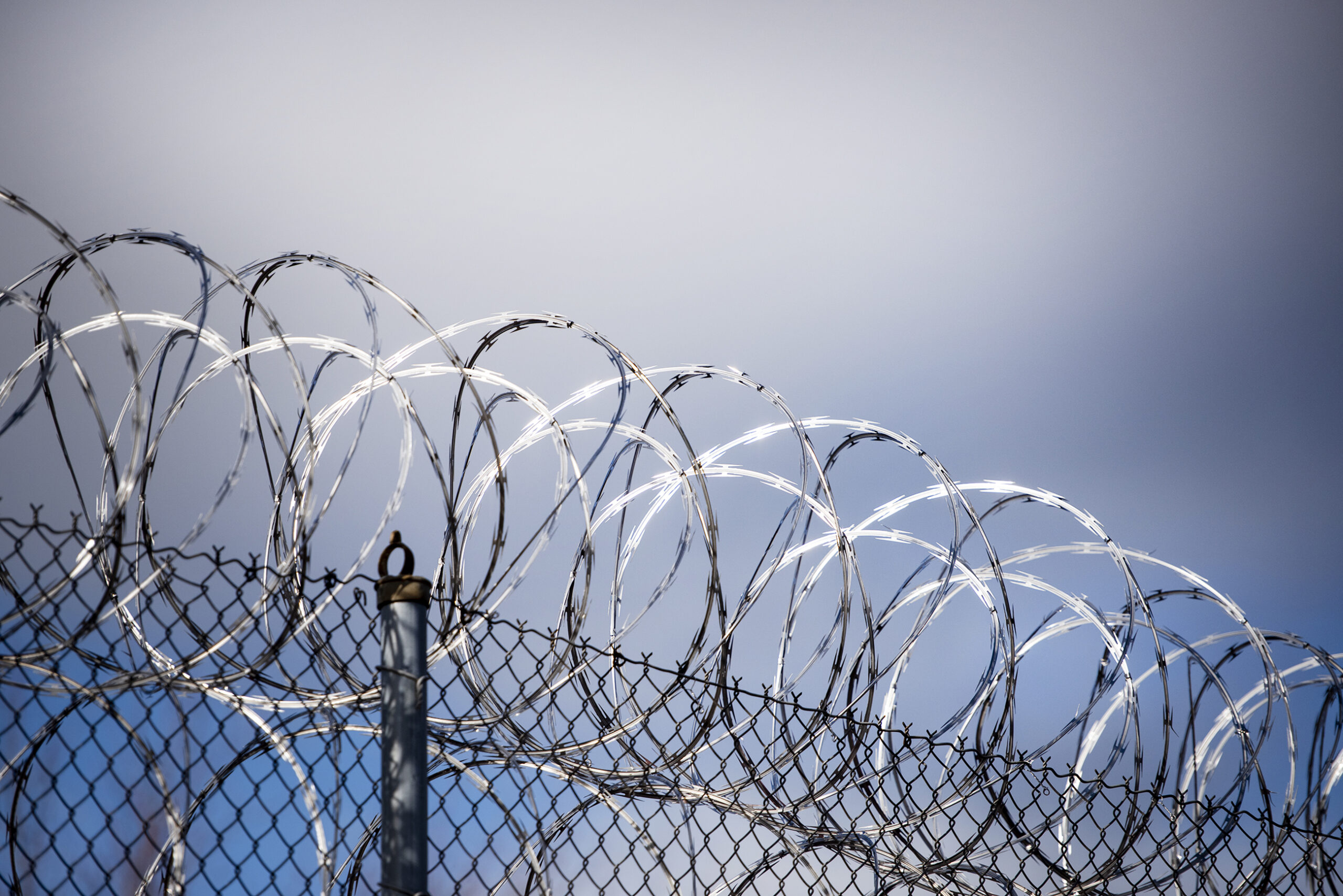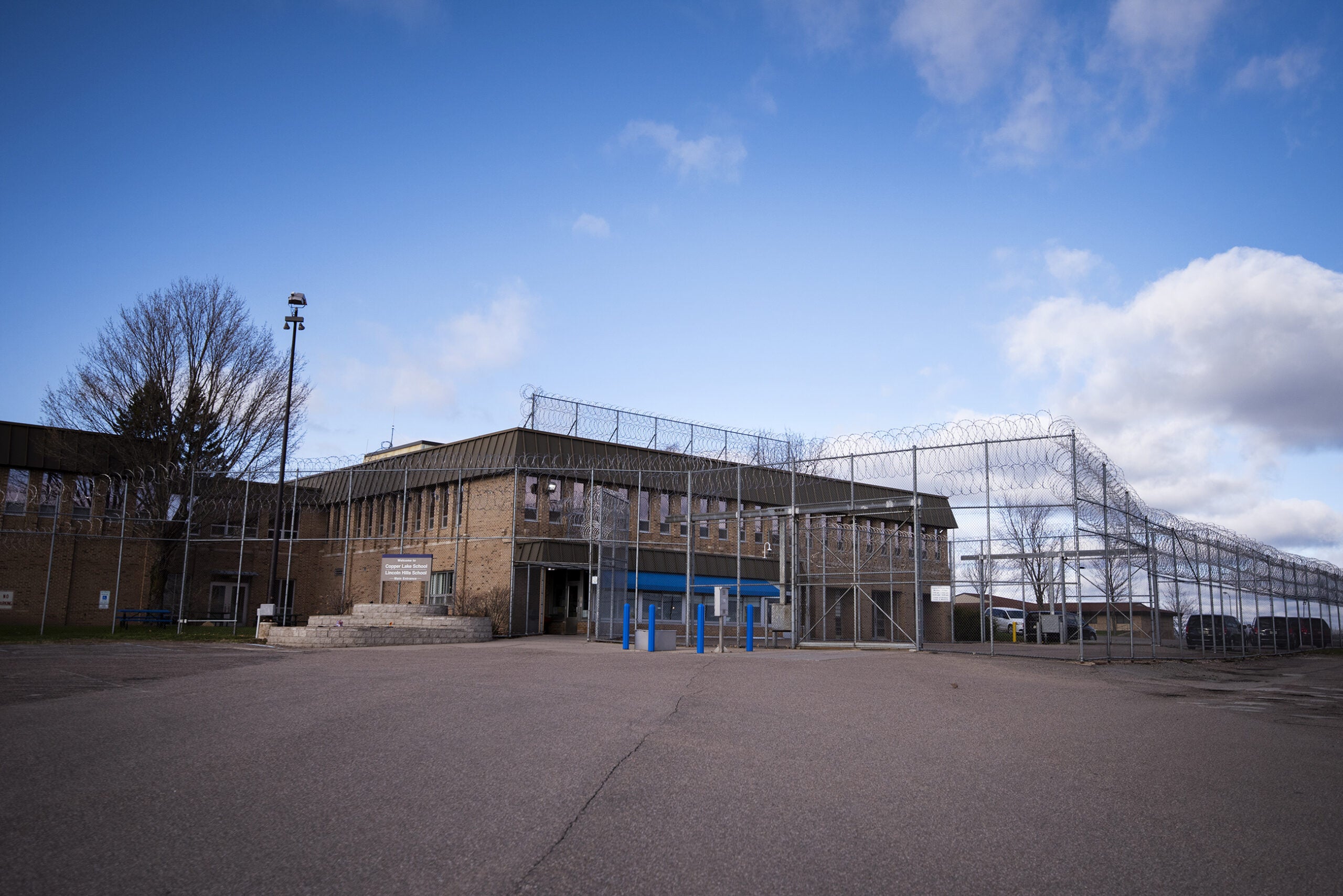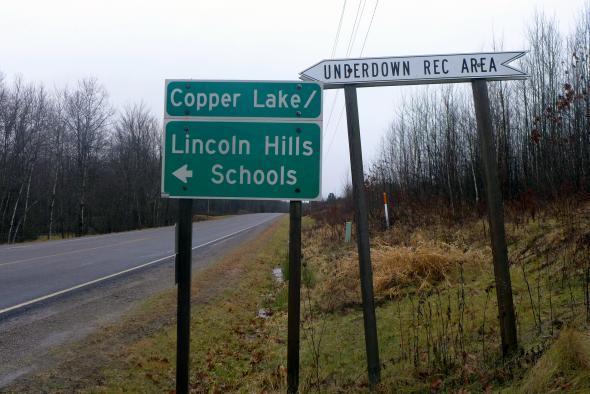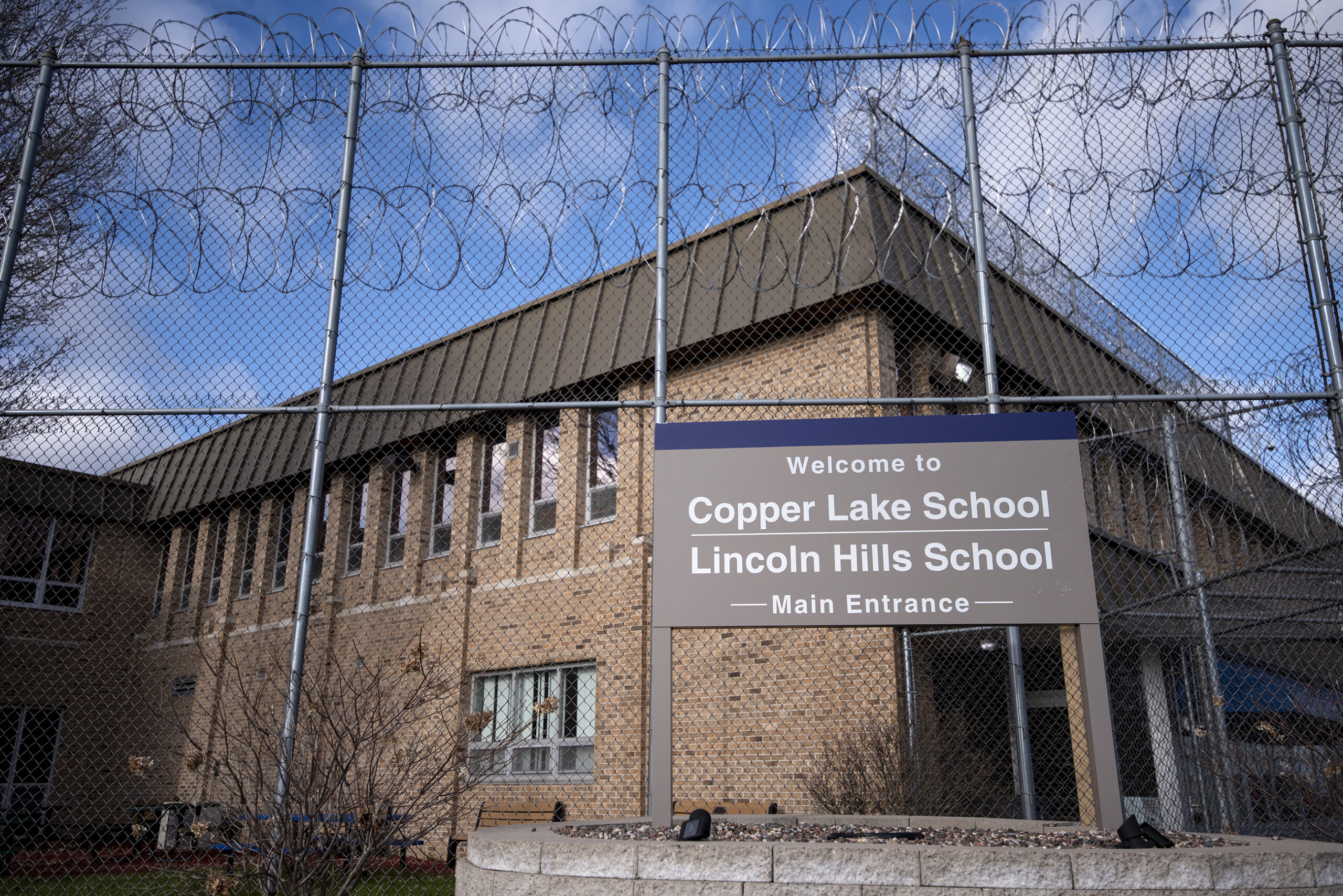A “staffing crisis” at a Wisconsin youth prison is causing youth to be confined to their rooms for long periods and creating deteriorating attitudes and behaviors among the youth there, a new report from a court-ordered monitor found.
As of March 31, Lincoln Hills School had a 41 percent vacancy rate for youth counselors, according to the report, a 48 percent vacancy rate for teachers and a 67 percent vacancy rate for social workers. Vacancies in all of those categories had increased since September, and the report found that “the current staffing situation is having a profound negative impact on daily operations.”
One major result is a spike in “operational room confinement” — that is, keeping youth locked in their cells not as a disciplinary measure but simply because the facility doesn’t have enough workers to ensure the safety of the staff and the youth.
Stay informed on the latest news
Sign up for WPR’s email newsletter.
But this creates a vicious cycle, said Tim Muth, a staff attorney with the American Civil Liberties Union of Wisconsin.
“Unfortunately, kids act out when they are locked up in their rooms for 20 hours a day, day in and day out,” Muth said. “It causes a spiral of other problems.”
That was also noted by the monitor, Teresa Abreu, who interviewed 59 youth inmates. She wrote that “youth attitudes have not been this negative in years. It was also noted that the attitudes of youth toward staff seem to have worsened, with an increase in overall disrespect.”
The loss of staff comes as the number of youth inmates has increased in the last year, to about 70 youth in total at Lincoln Hills and the smaller girls facility, Copper Lake School, that is linked to it. The monitor’s report notes that this trend is likely to continue, potentially exacerbating staffing issues.
In a news release, the state Department of Corrections noted that it has raised salaries for Lincoln Hills security positions by more than $10 per hour in the last year, and has also raised pay for teachers and social workers. DOC Secretary Kevin Carr said he hopes plans to move the facility to more densely populated Milwaukee County will also make hiring easier.

Lincoln Hills and Copper Lake have long been troubled by allegations of abuse by staff, and instances of violence both directed toward staff and by staff toward youth. The facilities were the subject of a lengthy FBI investigation into alleged civil rights violations; that probe closed in 2019 without charges.
But some of the practices exposed in the scrutiny of the facility led to a class-action lawsuit by the ACLU, which ended in a settlement that ordered the state to eliminate the use of pepper spray and punitive solitary confinement, and required the publication of regular reports by an outside monitor.
Amid the FBI probe in 2018, then-Gov. Scott Walker signed a law that would have closed the facilities. But in the years that followed, lawmakers failed to fund an alternative. Gov. Tony Evers moved the deadline for closure to July 2021; the state missed that deadline, too.
Now, it looks like the plan to close Lincoln Hills is finally moving forward. In April, Evers signed into law a bill that will fund a Milwaukee-area replacement. When that happens, the troubled Lincoln County facility will cease to serve as a youth prison and be converted into part of the state’s adult prison system.
But the monitor’s report warns that this transition is still likely years away. Plans still need local approval and face other potential hurdles.
As recently as April 2021, the monitor’s report noted “vast improvements” at the site and expressed optimism that the implementation of a new therapy technique would help youth and staff. The latest report also includes praise of that implementation, as well as other steps taken by facility leaders. The monitor found Lincoln Hills was in “substantial compliance” with an order to phase out lengthy “punitive confinements,” as well as in eliminating the use of pepper spray and strip searches. The facility was found to be in partial compliance with a range of other requirements.
Muth said there are no simple fixes for Lincoln Hills’ staffing problem, but the problems raised in the latest monitor’s report point to the urgent need for the state to develop and fund alternatives to juvenile incarceration.
“You can reduce the number of positions you have to fill at Lincoln Hills by reducing the number of youth up there,” he said.
Wisconsin Public Radio, © Copyright 2025, Board of Regents of the University of Wisconsin System and Wisconsin Educational Communications Board.



